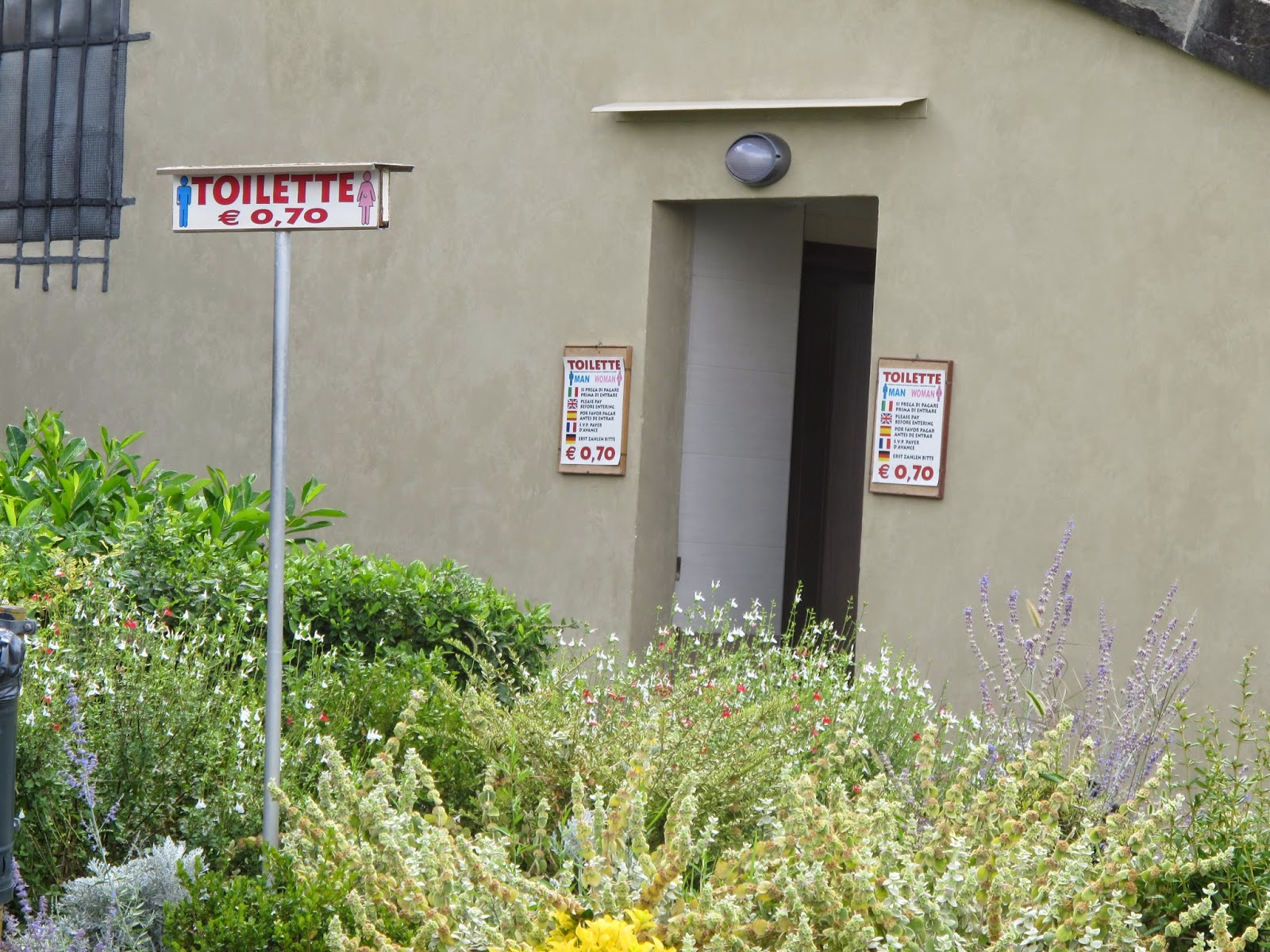 |
| at the General Consulate of German |
After arriving in Vancouver, BC, Canada in June 23, I just spent most of my time with my daughter Kadek, while my husband Thomas Hunter is busy finishing his college works, grading and office hours with his students. Kadek took me to meet with her friends in a few different places. I met with Bahar, Mickey, Frederique, Angela, Claire and Rosio. We went to Kadek's school at the University Hill about 20 minutes walk from our apartment at the Gardenia Garden in Larkin Drive. I myself was busy with unfinished works for the SIT. Basically we are all busy with our own work.
One evening, we remember that I did not have a visa for going to Germany yet. Then we checked online to make an appointment with the German Consulate, unfortunately there was not any day left until August this year. We are so upset and felt so stupid for not thinking about applying for the visa sooner. I was so worried that I would not be able to present my paper at the University of Heidelberg. Then we found a possibility that I could apply for Schengen visa via the Netherlands Consulate. We made the booking for July 7, 2014 on Monday.
Appointment Details
WebReference Number
|
Applicant Name
|
Appointment Date
|
Appointment Time
|
001139094919
|
NI WAYAN PASEK ARIATI
|
2014.07.11
|
1050
|
Regards,
Consular Department
So, we complete all the documents needed for going the Netherlands Consulate. It was Monday 7 of July we left the apartment at 9am to give us more time to find the place. We took bus No. 4 going down town. We stop at Burrad street and walked to the office at Vancouver: Consulate General of the Kingdom of the Netherlands, Suite 883, Three Bentall Center, PO Box 4968, 595 Burrard Street, Vancouver, Canada V7X, Phone +1 106-684-6448
We went to the 8th floor of the Three Bentall Center, we entered the office of the Consulate and sat down quietly waiting for our turn to be called. I was very nervous at the time. I read some magazines without concentrating on the reading.
It was at 10:50am finally I was called by a lady behind the glass window. I handed in my confirmation sheet and gave her my application documents. Before she even looked at my documents, she asked me how long I would be in Holland. Being honest with my trip, I told her that I would be in Holland for a week then to Germany for 42 days. "Well, she said,,,you need to apply for a visa at the German Consulate since you will spend most of your time in Germany", while handing back all my documents.
Upset with my honesty in replying to her question, I was very angry with the fact that I did not apply for the German visa in Bali. Along the way home, we did not say a word worrying about how we all would be able to go to Germany as a plan if I did not get my German visa.
So, as soon as we got home, we checked on line about the possibility to apply a visa at the German Consulate. We checked online...yes it was one slot free on Monday 14 July at 10.00 am.
Dear Ni Wayan Ariati,
Your appointment at Vancouver on 14.07.2014 from 10:00 until 11:00 has successfully been booked.
The address of the German Consulate General Vancouver is: Suite 704 - World Trade Centre, 999 Canada Place Vancouver, B.C. V6C 3E1
 |
| The World Trade Center |
It was Monday 14 July at 8:00 am, we left the house to get a bus No. 4 down town Vancouver. We were so tense in the bus worrying about being refused again as what happened at the Netherlands consulate. We printed a map about how to get to the German consulate. We got to the World Trade Center, office complex at about 9:00 am, that meant that we had plenty of time to go around. I took a few pictures at that area.
 |
| The World Trade Center from the distance |
 |
| View from the Pan Pacific hotel near the World Trade Center |
Finally, he came out from his office saying, " I am sorry for misreading the confirmation. Yes, you are right, it is today at 10:30 am, please come in and take a seat", he said. What a big relief! We sat down and observed around us and saw how nice people at the consulate. It made us a bit easy knowing that they are friendly and not very strict.
I was called by one of the officers. I showed her my booking and handed in all the documents. She checked everything and asked me a few questions.
"how long will you be in Germany?", "Will you travel to other European countries as well?", "where will you stay while in Germany?", etc
After replying to all her questions, she asked me to put my four fingers on the finger-print machine; left, right and followed by the two thumbs. Done with the finger prints, she asked me to pay CAD$88 cash. She issued the receipt and told us to pick up the passport with the visa in two days from that time.
Today, Wednesday 16 July 2014.
We went back to the German consulate to pick up my passport. We rent a car this time because we needed to do a few errands in town. We left at 10am and get there at 10;30 am, we went directly to the office. The security man still recognized us, he told us to wait for the next person to be called.
Yes, I got my visa to Germany only in two days. Germany is the best, thanks for your kindness. See you in Heidelberg in July 19th.
 |
| Being happy after getting the visa to Germany |




